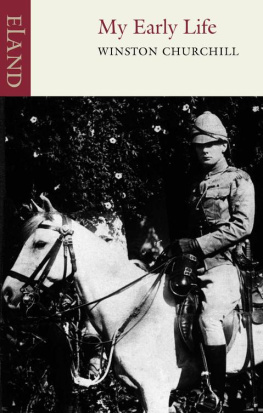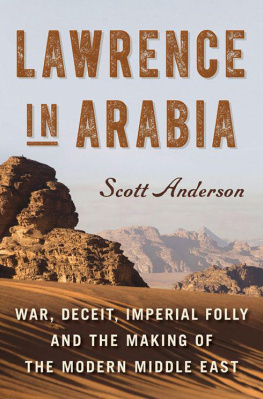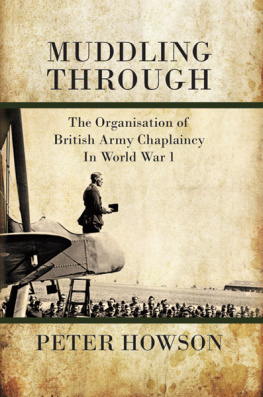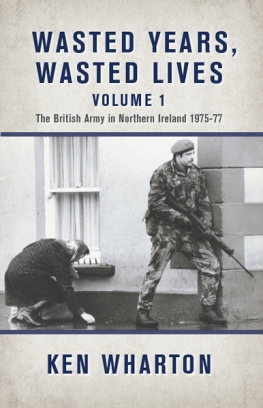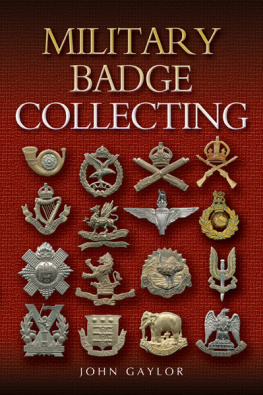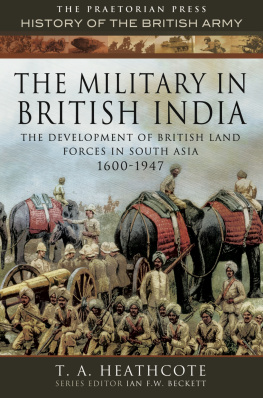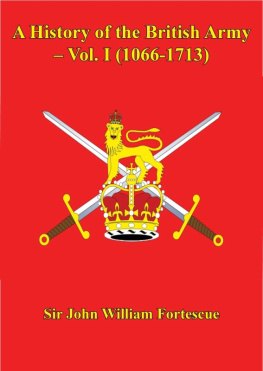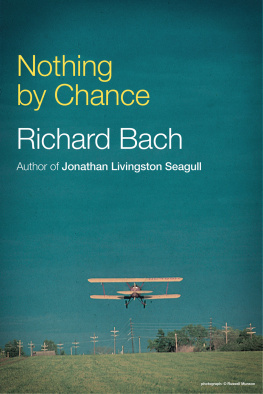V ARIOUS accounts having appeared from time to time of my early life and adventures, and I myself having published thirty years ago stories of the several campaigns in which I took part, and having written later about particular episodes, I have thought it right to bring the whole together in a single complete story; and to tell the tale, such as it is, anew. I have therefore not only searched my memory, but have most carefully verified my facts from the records which I possess. I have tried, in each part of the quarter-century in which this tale lies, to show the point of view appropriate to my years, whether as a child, a schoolboy, a cadet, a subaltern, a war-correspondent, or a youthful politician. If these opinions conflict with those now generally accepted, they must be taken merely as representing a phase in my early life, and not in any respect, except where the context warrants, as modern pronouncements.
When I survey this work as a whole I find I have drawn a picture of a vanished age. The character of society, the foundations of politics, the methods of war, the outlook of youth, the scale of values, are all changed, and changed to an extent I should not have believed possible in so short a space without any violent domestic revolution. I cannot pretend to feel that they are in all respects changed for the better. I was a child of the Victorian era, when the structure of our country seemed firmly set, when its position in trade and on the seas was unrivalled, and when the realisation of the greatness of our Empire and of our duty to preserve it was ever growing stronger. In those days the dominant forces in Great Britain were very sure of themselves and of their doctrines. They thought they could teach the world the art of government, and the science of economics. They were sure they were supreme at sea and consequently safe at home. They rested therefore sedately under the convictions of power and security. Very different is the aspect of these anxious and dubious times. Full allowance for such changes should be made by friendly readers.
I have thought that it might be of interest to the new generation to read a story of youthful endeavour, and I have set down candidly and with as much simplicity as possible my personal fortunes.
WINSTON SPENCER CHURCHILL
C HARTWELL M ANOR
August, 1930
W HEN does one first begin to remember? When do the waving lights and shadows of dawning consciousness cast their print upon the mind of a child? My earliest memories are Ireland. I can recall scenes and events in Ireland quite well, and sometimes dimly, even people. Yet I was born on November 30, 1874, and I left Ireland early in the year 1879. My father had gone to Ireland as secretary to his father, the Duke of Marlborough, appointed Lord-Lieutenant by Mr Disraeli in 1876. We lived in a house called The Little Lodge, about a stones throw from the Viceregal. Here I spent nearly three years of childhood. I have clear and vivid impressions of some events. I remember my grandfather, the Viceroy, unveiling the Lord Gough statue in 1878. A great black crowd, scarlet soldiers on horseback, strings pulling away a brown shiny sheet, the old Duke, the formidable grandpapa, talking loudly to the crowd. I recall even a phrase he used: and with a withering volley he shattered the enemys line. I quite understood that he was speaking about war and fighting and that a volley meant what the black-coated soldiers (Riflemen) used to do with loud bangs so often in the Phoenix Park where I was taken for my morning walks. This, I think, is my first coherent memory.
Other events stand out more distinctly. We were to go to a pantomime. There was great excitement about it. The long-looked-for afternoon arrived. We started from the Viceregal and drove to the Castle where other children were no doubt to be picked up. Inside the Castle was a great square space paved with small oblong stones. It rained. It nearly always rained just as it does now. People came out of the doors of the Castle, and there seemed to be much stir. Then we were told we could not go to the pantomime because the theatre had been burned down. All that was found of the manager was the keys that had been in his pocket. We were promised as a consolation for not going to the pantomime to go next day and see the ruins of the building. I wanted very much to see the keys, but this request does not seem to have been well received.
In one of these years we paid a visit to Emo Park, the seat of Lord Portarlington, who was explained to me as a sort of uncle. Of this place I can give very clear descriptions, though I have never been there since I was four or four and a half. The central point in my memory is a tall white stone tower which we reached after a considerable drive. I was told it had been blown up by Oliver Cromwell. I understood definitely that he had blown up all sorts of things and was therefore a very great man.
My nurse, Mrs Everest, was nervous about the Fenians. I gathered these were wicked people and there was no end to what they would do if they had their way. On one occasion when I was out riding on my donkey, we thought we saw a long dark procession of Fenians approaching. I am sure now it must have been the Rifle Brigade out for a route march. But we were all very much alarmed, particularly the donkey, who expressed his anxiety by kicking. I was thrown off and had concussion of the brain. This was my first introduction to Irish politics!
In the Poenix Park there was a great round clump of trees with a house inside it. In this house there lived a personage styled the Chief Secretary or the Under Secretary, I am not clear which. But at any rate from this house there came a man called Mr Burke. He gave me a drum. I cannot remember what he looked like, but I remember the drum. Two years afterwards when we were back in England, they told me he had been murdered by the Fenians in this same Phoenix Park we used to walk about in every day. Everyone round me seemed much upset about it, and I thought how lucky it was the Fenians had not got me when I fell off the donkey.
It was at The Little Lodge I was first menaced with Education. The approach of a sinister figure described as the Governess was announced. Her arrival was fixed for a certain day. In order to prepare for this day Mrs Everest produced a book called Reading Without Tears. It certainly did not justify its title in my case. I was made aware that before the Governess arrived I must be able to read without tears. We toiled each day. My nurse pointed with a pen at the different letters. I thought it all very tiresome. Our preparations were by no means completed when the fateful hour struck and the Governess was due to arrive. I did what so many oppressed peoples have done in similar circumstances: I took to the woods. I hid in the extensive shrubberies forests they seemed which surrounded The Little Lodge. Hours passed before I was retrieved and handed over to the Governess. We continued to toil every day, not only at letters but at words, and also at what was much worse, figures. Letters after all had only got to be known, and when they stood together in a certain way one recognised their formation and that it meant a certain sound or word which one uttered when pressed sufficiently. But the figures were tied into all sorts of tangles and did things to one another which it was extremely difficult to forecast with complete accuracy. You had to say what they did each time they were tied up together, and the Governess apparently attached enormous importance to the answer being exact. If it was not right it was wrong. It was not any use being nearly right. In some cases these figures got into debt with one another: you had to borrow one or carry one, and afterwards you had to pay back the one you had borrowed. These complications cast a steadily gathering shadow over my daily life. They took one away from all the interesting things one wanted to do in the nursery or in the garden. They made increasing inroads upon ones leisure. One could hardly get time to do any of the things one wanted to do. They became a general worry and preoccupation. More especially was this true when we descended into a dismal bog called sums. There appeared to be no limit to these. When one sum was done, there was always another. Just as soon as I managed to tackle a particular class of these afflictions, some other much more variegated type was thrust upon me.

